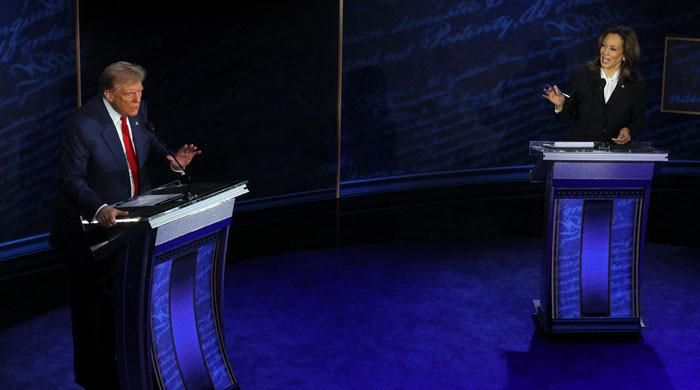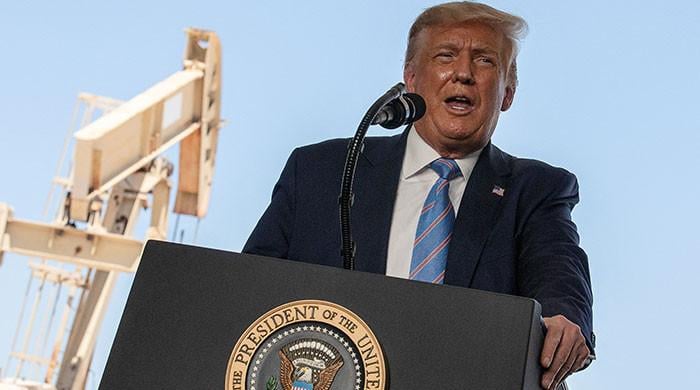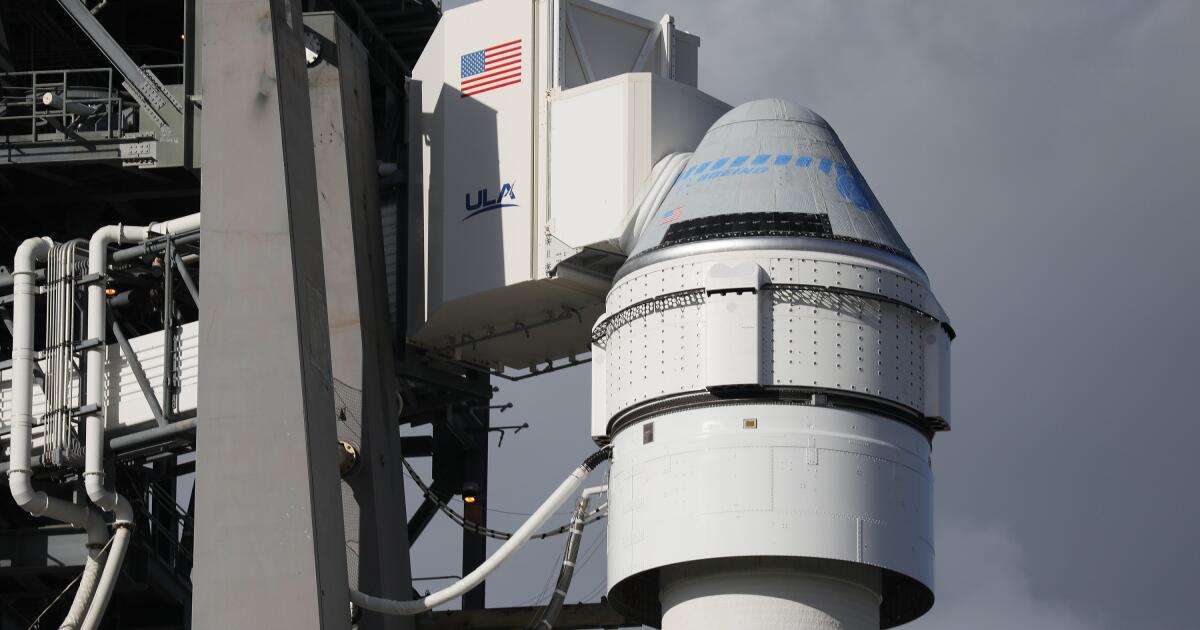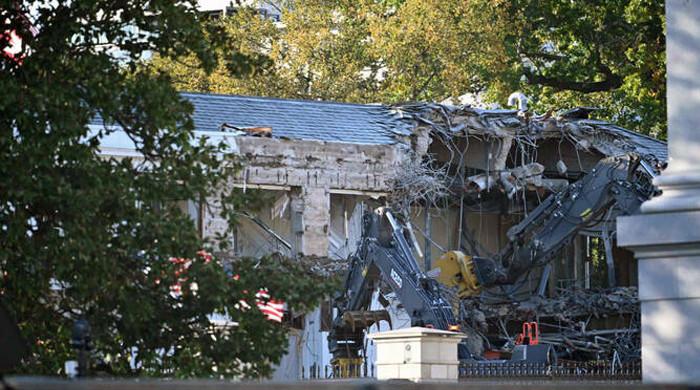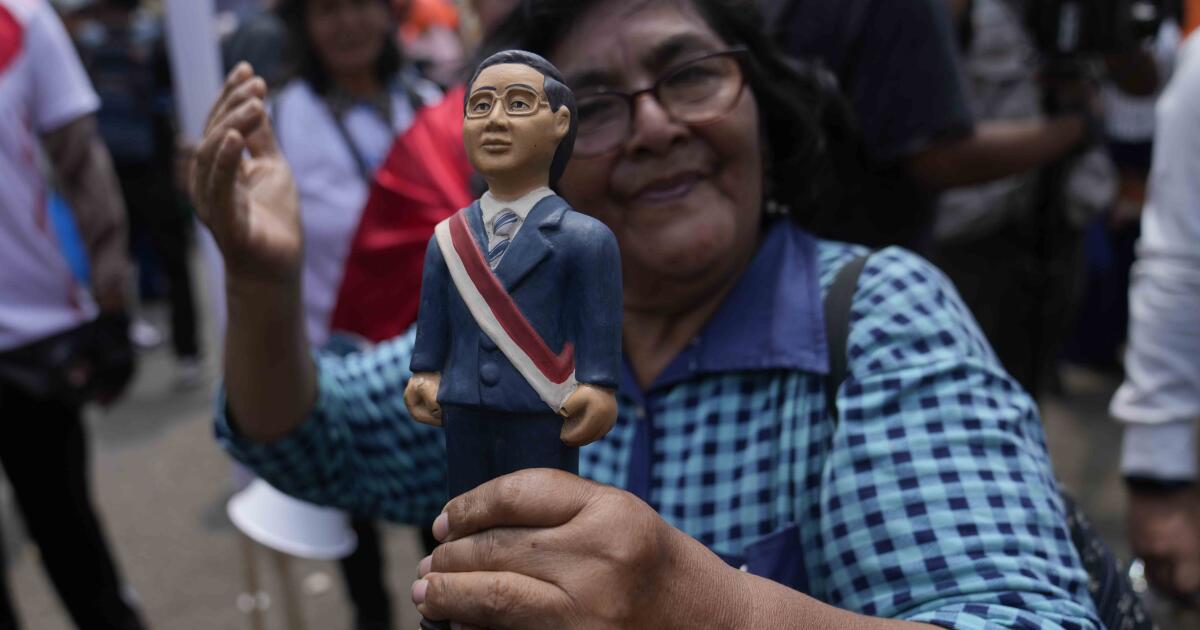PHILADELPHIA: Republican Donald Trump and Democratic Vice President Kamala Harris clashed over the economy in the opening moments of their first presidential debate on Tuesday, a key moment in a tight election.
Harris, 59, attacked Trump's plans to impose steep tariffs on foreign goods — a proposal she compared to a sales tax on the middle class — while promoting her plan to offer tax breaks to families.
Below are some conclusions from the debate:
Handshake
Ahead of the debate, the question arose of how Harris and Trump, who have never met, would greet each other.
Harris settled the matter once and for all. She approached Trump at his podium, extended her hand and introduced herself as “Kamala Harris.”
It was a disarming way for Harris to approach a man who spent weeks insulting her race and gender.
After that, the debate quickly took the expected turn. Harris quickly presented herself as a forward-thinking candidate. She predicted that Trump would use the same well-worn playbook in the debate.
“A lot of lies, complaints and insults,” Harris said.
Discussion on the economy
In the opening minutes of the debate, Trump and Harris faced off on one of the most important issues for voters: the economy.
Harris detailed the economic policies she has implemented in recent weeks, including a substantial tax credit for small startups. Trump focused his remarks on tariffs, saying they would protect the U.S. economy from unfair foreign competition.
As both sides lunged at each other, Harris was the first to speak on an issue where she trails Trump in terms of voter confidence. She appeared to force the former president onto the defensive, and Trump essentially played defense on one of his strongest issues.
“She has no plan,” Trump said, after Harris' opening remarks. “It's like run, find, run.”
A schism over abortion
The two candidates also engaged in a heated debate over abortion, an issue on which polls show Harris holding the lead.
Trump defended the U.S. Supreme Court’s 2022 ruling that ended constitutional protections for abortion and sent the matter back to each state, arguing, incorrectly, that it was an outcome desired by both Republicans and Democrats. Democrats have long supported the constitutional right to abortion.
“I did a great service in doing that. It took courage to do that,” Trump said.
Trump also argued that some states allow babies to be aborted after birth, a point corrected by ABC News moderator, Linsey Davis.
Harris expressed some outrage at Trump's claim that abortion becoming a states' rights issue was a popular outcome, referring to states that have passed restrictive bans.
“Is this what people wanted?” Harris asked. “Are people being denied medical care in an emergency room because health care providers are afraid they’re going to be put in jail?”
The debate began at 9:00 p.m. Eastern Time (01:00 GMT on Wednesday).
With eight weeks until the Nov. 5 election and days until early voting begins in some states, the debate — the only one scheduled — presented both opportunities and risks for each candidate in front of a televised audience of tens of millions of voters.
Before the debate, Trump, 78, said he would contrast the left-wing policies Harris espoused in her failed 2020 presidential bid — such as banning fracking — with the more centrist positions she has now espoused.
“You don't know what to expect. She's changed all her policies over the years,” the former president told NBC News in a telephone interview.
Harris, 59, indicated she would call out Trump's reliance on falsehoods.
“Donald Trump has a real problem with the truth,” he wrote in a social media post Tuesday morning. His campaign released an ad featuring former President Barack Obama ridiculing Trump's false claims about crowd sizes at his events.
The meeting is particularly important for Harris, as opinion polls show more than a quarter of likely voters feel they don't know enough about her. Harris entered the race just seven weeks ago after President Joe Biden's exit.
The debate offers Harris, a former prosecutor, a chance to make her case against Trump, whose felony convictions, open support for supporters convicted in the Jan. 6, 2021, attack on the U.S. Capitol and frequent falsehoods are all potential vulnerabilities.
Trump has proven to be an effective counterpuncher in previous debates, throwing his opponents off balance with unpredictable attacks, and knows how to command a camera thanks to his years as a reality TV star.
First meeting
The confrontation followed weeks of personal attacks against Harris from Trump and his allies, including racist and sexist slurs.
Trump’s advisers and fellow Republicans have urged him to focus on high levels of inflation and immigration under Biden, though both have declined sharply this year.
Presidential debates don't necessarily change voters' minds, but they can transform the dynamics of a race. Biden's poor showing against Trump in June led him to drop out of the race on July 21.
In a race that could once again be decided by tens of thousands of votes in a handful of states, even a small shift in public opinion could alter the outcome. The two candidates are tied in the seven battleground states that are likely to decide the election, according to polling averages compiled by The New York Times.
The 90-minute debate, hosted by ABC Newswas being held at the National Constitution Center in Philadelphia. As agreed by the campaigns, there was no live audience and the candidates' microphones were muted when it was not their turn to speak.
Harris spent days preparing in Pittsburgh, holding mock debate sessions on a stage with lights to recreate the debate atmosphere.
Instead, Trump relied on informal chats with advisers, campaign appearances and media interviews to prepare, with former Democratic congresswoman Tulsi Gabbard (who had a memorably hostile exchange with Harris at a Democratic presidential debate in 2019) offering advice.
On a call with reporters Monday, Gabbard said Trump would treat Harris the same as any other opponent.
“President Trump respects women and doesn't feel the need to patronize or speak to women in any way other than he would speak to a man,” she said.
Harris is expected to attack Trump over abortion. The issue has been a priority for Harris and Democrats since 2022, when the U.S. Supreme Court, driven by three Trump appointees, eliminated a national right to the procedure in a widely unpopular decision.
Harris has also sought to link Trump to Project 2025, a conservative policy plan that proposes expanding executive power, eliminating environmental regulations and making it illegal to ship abortion pills across state lines, among other right-wing goals.
More news to come later…

